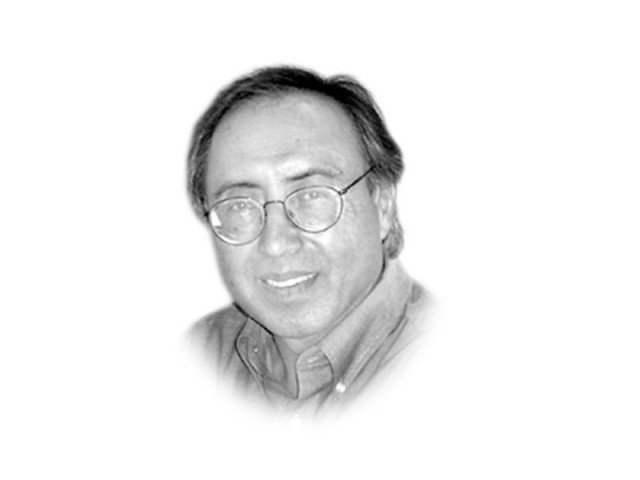The critical 2018 elections
Such an election will mark new alignments of social and political forces

The writer is a professor of political science at LUMS, Lahore. His recent book is Imagining Pakistan: Modernism, State and the Politics of Islamic Revival (Lexington Books, 2017)
On the face of it, the upcoming elections don’t appear to be any different from the past. We see the same old dynastic political families, the pirs, the feudal barons, tribal chiefs, caste notables and agricultural magnates from each and every constituency in every province of the country contesting elections, as they have in the past. Major urban constituencies as opposed to rural ones have a different set of afflictions. They remain trapped in parochialism that refuses to transcend the old barriers.
There are other serious social structural problem that needs to be kept in mind when looking at the bigger picture of elections in Pakistan; and that is social fragmentation and multiple polarisations along ethnicity, sectarianism and religious extremism. The confrontational politics—a naked struggle for power—has only added a new dimension to the divisions within society. By resorting to hate-speech, slander and scandalous propaganda against their political opponents, the parties have mutually delegitimised one another. This is a major factor in generating distrust in politicians and the low level of public trust in democracy in the country.
Why then, one may expect the 2018 elections as essentially defining or crucial? The character of parliamentary democracies that requires numbers in the assemblies to form an executive has consolidated social and political position of the traditional elites. A political leader no matter how charismatic he is — thinking of the kaptaan — cannot pull a victory out of the existing social structures dominated by traditional political families. We see a two-way shift determined by pragmatism and everyday practical politics. The first is realisation in the top layer of the PTI leadership that ideology or the message of change itself is not enough to get the requisite numbers. This reflective wisdom that is evidence-based has made the PTI receptive to welcoming electable former parliamentarians from other parties joining it.
Second, the major political swing towards the PTI may be subject to many interpretations, as has been the case. As the end of all politics is pursuit of power, changing political affiliations cannot be judged by any other standard than the conventional driving impulse of politics. There are two other reasons that have determined choice of the new comers into the PTI. First, there has been an Imran Khan wave in the making at the grassroots level through the country. In the popular imagination, he is the force of resistance to the corrupt, dynastic politics of the established political parties. His image of a clean, determined leader and his message of change and hope have created a groundswell for switching of allegiance of a good section of the electoral elites.
Finally, the negatives of the PML-N, the PPP and their regional allies — failure in governance, corruption and apathy towards the real problems of the people — may be the factors that may work in favour of a new elite coalition under the PTI.
Published in The Express Tribune, June 13th, 2018.
Like Opinion & Editorial on Facebook, follow @ETOpEd on Twitter to receive all updates on all our daily pieces.















COMMENTS
Comments are moderated and generally will be posted if they are on-topic and not abusive.
For more information, please see our Comments FAQ